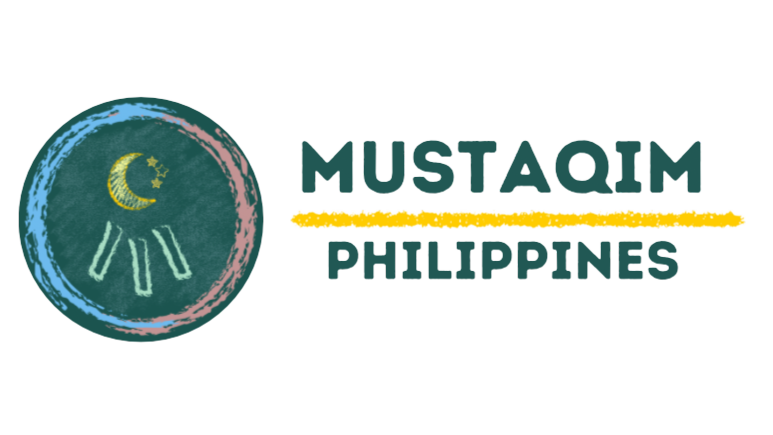On June 28, the Philippine government declared Eid al-Adha as a national holiday, recognizing its significance for Muslims. But what exactly is Eid al-Adha and what does it entail for the Muslim community?
Eid al-Adha, also known as the Feast of Sacrifice or the Greater Eid, is one of the most significant religious festivals celebrated by Muslims worldwide. It commemorates the willingness of Prophet Ibrahim to sacrifice his son as an act of obedience to Allah. According to Islamic tradition, as Ibrahim prepared to carry out the sacrifice, Allah intervened and provided a ram as a substitute.
The story of Ibrahim’s obedience and devotion holds immense importance in Islam. It symbolizes the concept of total submission to Allah’s command, as well as the value of sacrifice in the path of righteousness. Eid al-Adha serves as a reminder to Muslims of the importance of faith, selflessness, and surrendering to Allah’s will.
Eid al-Adha is observed on the 10th day of Dhu al-Hijjah, the twelfth month of the Islamic lunar calendar. The festival lasts for four days, during which Muslims engage in various religious and communal activities.
One of the central rituals of Eid al-Adha is the sacrifice of an animal, such as a sheep, goat, cow, or camel. This act represents Ibrahim’s intended sacrifice and demonstrates Muslims’ willingness to give up what is dear to them for the sake of Allah. The meat of the sacrificed animal is then distributed among three groups: one-third is shared with the needy and less fortunate, one-third is given to relatives and friends, and the remaining third is consumed by the individual and their family.
In addition to the sacrifice, Muslims observe special prayers called Eid prayers in congregational settings. These prayers are held in mosques or large open spaces and are led by an imam. It is a time for Muslims to come together as a community, strengthen their bonds, and express gratitude for Allah’s blessings.
Eid al-Adha is also a time for Muslims to dress in their best attire and exchange warm greetings of “Eid Mubarak,” which means “Blessed Eid.” Families and friends gather to share meals and engage in joyful celebrations. It is a time of generosity, forgiveness, and spreading happiness among loved ones and the wider community.
The declaration of Eid al-Adha as a national holiday in the Philippines acknowledges the importance of this festival to the Muslim population in the country. It demonstrates inclusivity and respect for religious diversity, allowing Muslims to observe their religious traditions without hindrance.
As Muslims celebrate Eid al-Adha, they renew their faith, reflect on the teachings of Islam, and strengthen their relationship with Allah and fellow believers. The festival serves as a reminder of the values of sacrifice, devotion, and compassion that Muslims strive to embody in their daily lives. It is a time of unity, spiritual rejuvenation, and acts of kindness towards others.
